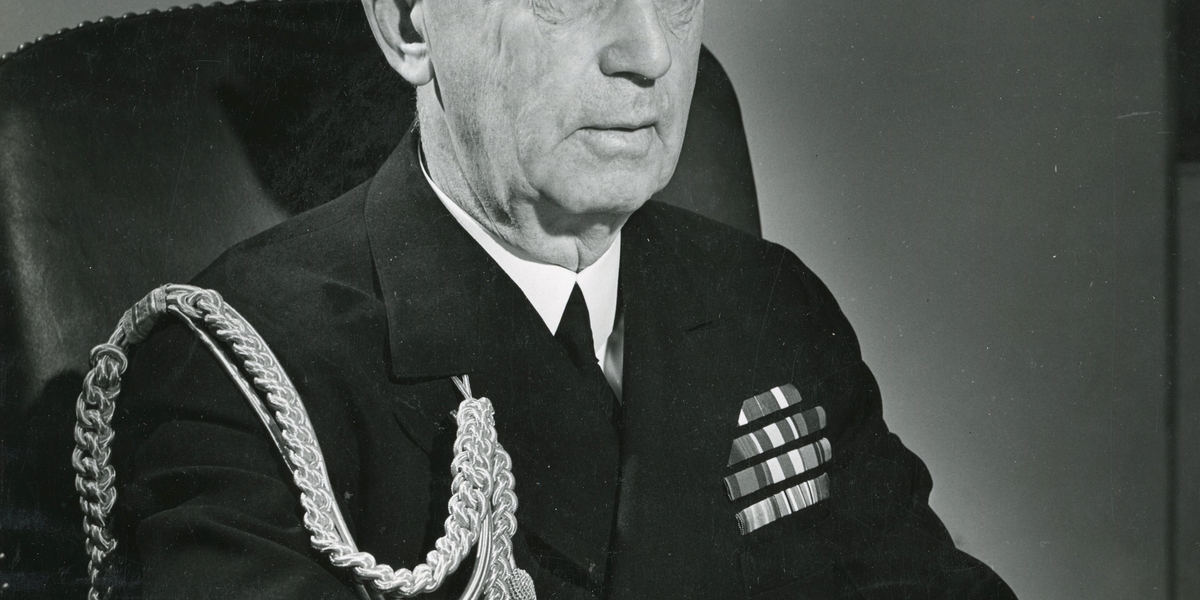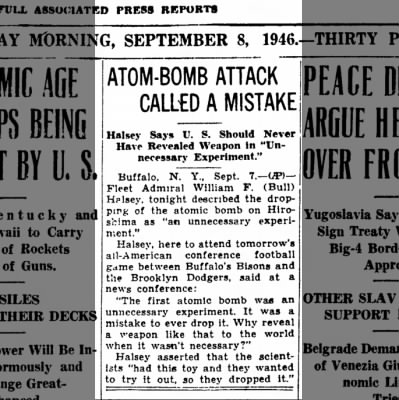elektra
Diamond Member
- Thread starter
- #121
Links are not facts. Hundreds of links prove nothing. A link can say anything they wish. They can make claims that are impossible to validate. It is all about religion for you. You must BELIEVE.The link is for the benefit of those like you who are ignorant of history. There are hundreds of links on the dozens of threads on this topic. Go read them and educate yourself.
Your link makes claims about what Admiral Halsey stated. Stuff he never wrote in a book? How is that? You find a link and the only place to get that information is from google. It is not written in any of Halsey's books. Nobody in your link even makes a claim that they are referencing anybody's books, diary, or notes.
Halsey stated the following;
After the bombs were dropped, upon hearing that the Japanese were about to surrender, Halsey growled, "Have we enough fuel to turn around and hit the bastards once more before they quit".
Not exactly the words of a man being sympathetic with the japanese.


